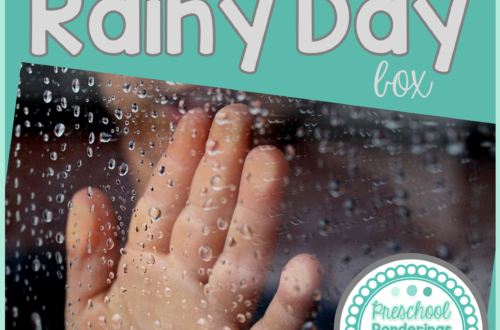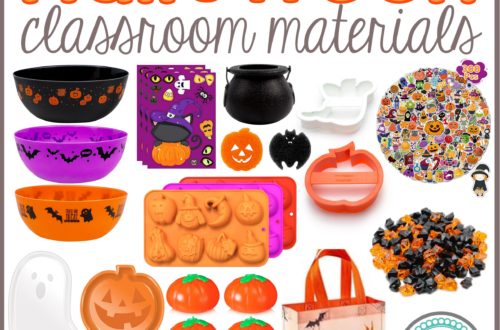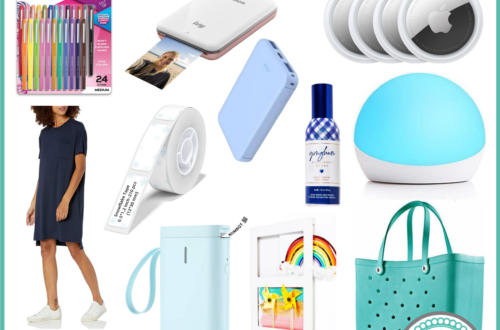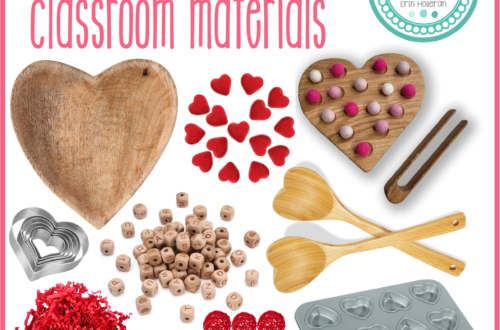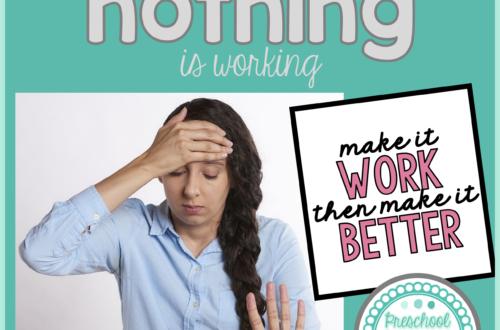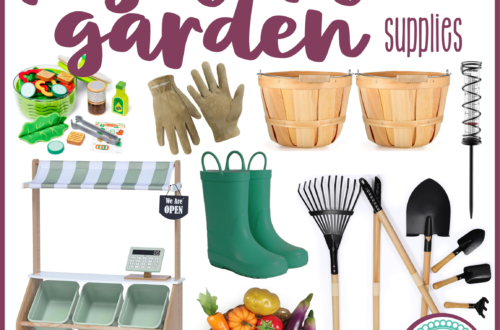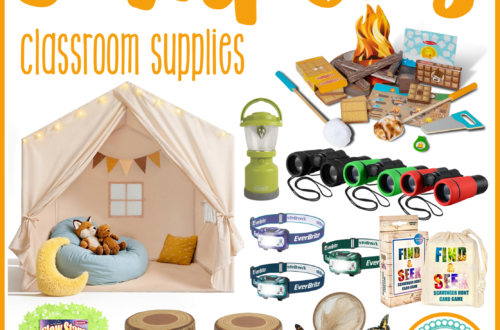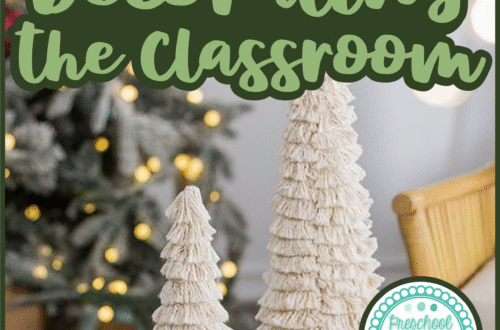classroom management
-
Wrapping up a year of preschool
It’s the season to think about that transition from the school year into summer. Whether your program has a hard end date, or you’re with your student all summer long, it’s helpful to really think through how you want to support children through this. Children who will go to kindergarten next year often have the benefit of preparing for graduation, and the actual graduation celebration to signify the change. With younger children who are going to continue at the same program next year, they’ve still accomplished something – they’ve finished a year of preschool! giving them a celebration to recognize this can be one great way to help make the…
-
Teaching when you’re sick
Flu season has been a doozy this year, and it’s officially hit our home with a vengeance. While I’m not sick yet… I’ve definitely had a lot of sleepless nights, because that’s what moms do. This has me thinking about all of the times that I’ve had to manage a classroom when I definitely wasn’t at the top of my game – sick, but not sick enough to justify a day off, tired from a newborn or sick kid, fighting a migraine, dealing with personal distractions – all of the things that life throws at us! Here are the tips and tricks that have always helped me get through those…
-
Can’t go outside? No problem!
We’ve been dealing with a lot of haze from Canadian wildfires this summer, which has meant spending more time inside than we might like. I thought it might be helpful to share a trick that has worked so well for me on those days that you just can’t go outside. This is a post that was originally written in 2015, and it was intended for rainy day ideas – but it could definitely work for any long stretch of days where you’re stuck inside! You can read the original post here. One of the best things that I’ve done for my classroom is to put together a rainy day box.…
-
Building a Positive Mindset
I consider myself a naturally positive person, but the classroom can be a hard place to keep that going. Someone is always upset with someone else, there is always a mess somewhere, and I’m constantly having to change my plans. It takes a toll! When positivity doesn’t come naturally, there are some things that help me keep that positive mindset in the classroom. First and foremost, when I recognize that I’m struggling I make a conscious effort to find something (anything) positive that I can acknowledge. Sometimes this is as small as a child nicely walking across the classroom, or offering to share with another child. I’ll spend the next…
-
REALLY Changing Challenging Behaviors
A couple of weeks ago I shared a free sample of a behavior tracking system that can be used to identify patterns related to challenging behaviors. Now, I want to dig into what happens after you’ve identified those patterns. Let’s reflect so that you can really starting changing challenging behaviors in the classroom. Part of this system is a reflection sheet: This reflection starts by exploring what is working WELL for this child already – what parts of the day are they successfully able to manage their behavior? For some children, this will be easily evident, and for others you might have to continue observing to get an even better…
-
Cleaning Ideas
I just realized how many posts I’ve written about cleaning the classroom. What exactly does that say about me? I know I’m a bit of a neat freak, so clearly this has spread to my classroom, which I don’t think is necessarily a bad thing. If you are looking to implement a new cleaning routine, or just looking for some tips and tricks, here are some of my previous posts for you to check out: Dealing with Preschool Stains Preschool Cleaning Tips Age Appropriate Chores Teaching Children to Clean up After Themselves
-
Cleaning and Sanitizing
So what is the difference between cleaning and sanitizing? Most people use these terms interchangeably, but they aren’t the same thing, and when it comes to preschool germs they can make a huge difference! If you aren’t familiar with the book Caring for Our Children, you’ve got to check it out. This resource is published by the National Resource Center for Health and Safety in Child Care and Early Education, and it gives recommendations for every possible health and safety topic that you could every come across while working in child care. It is an incredible resource to have on hand when you need to look up how to handle…
-
Cleaning Routines for the Classroom
This time of the year is perfect for examining your routines – what worked well this past year? What would you like to change? How can you be more efficient? If you’ve got the summer off you can prepare now to put these new routines in place, and if you are in the classroom all summer long then starting new routines now will mean less stress in the fall! One type of routine that I’ve always found helpful for myself is a cleaning routine – or more specifically, a schedule of certain things to clean at certain times, or on certain days. This has always helped me make sure that…
-
Managing Class Party Chaos
I’ve been thinking about all of my teacher friends for the last week or so because I know that many of you are preparing for Valentine’s Day parties in your classrooms tomorrow. In my experience I’ve found that there are two kind of teachers; those that absolutely love party days, and those that dread and hate them. I personally fall under the LOVE category, but I can completely understand why one might dislike these days. Let’s face it, the children can’t focus on anything, the room is loud, and there is usually far too much sugar, not to mention activities that need a lot of prep, and just extra mess…
-
Routines and behaviors
Everyone says that routines are important. When you complain about behavior issues the first suggestion is always to implement a routine or schedule. But the real question is why? What do routines have to do with behaviors? In one word; Everything. Routines help children know what to expect and prepare for changes. Understanding the daily routine lets the child feel like they are in control because, instead of like they are being shuffled around by adults. When children have a routine to follow they are better able to focus on the work they are doing. They can immerse themselves in an activity because they know that they have time to…






